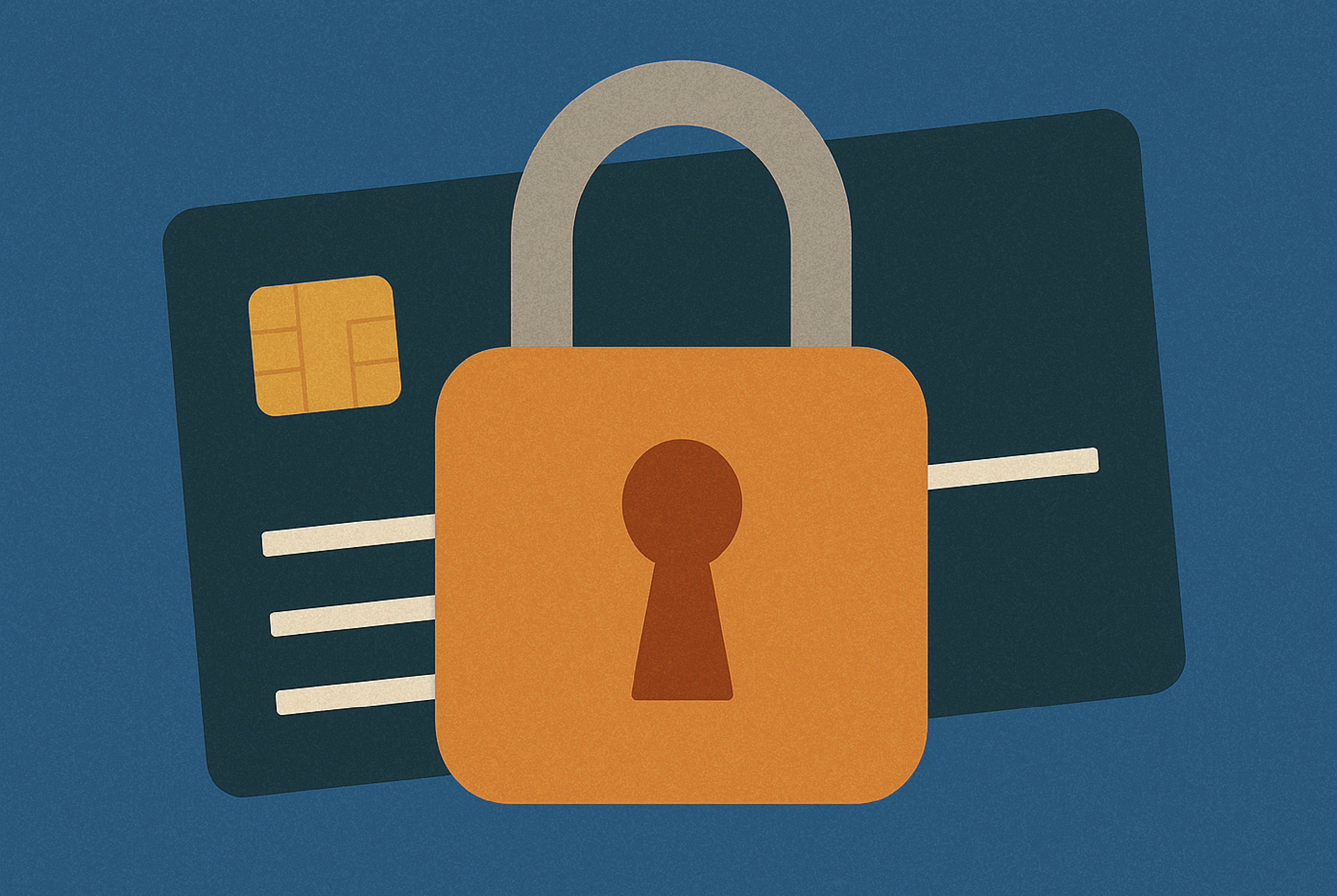Should You Lock Your Credit?
By Brent Duhaime Should You Lock Your Credit? The Pros and Cons Explained
Should You Lock Your Credit? The Pros and Cons Explained
In an age where identity theft and data breaches are increasingly common, protecting your credit has never been more important. One popular way to safeguard your financial profile is to lock your credit report. But is it the right move for you?
Let’s break down the benefits and drawbacks so you can make an informed decision.
 What Is a Credit Lock?
What Is a Credit Lock?
A credit lock is a tool that prevents lenders and other third parties from accessing your credit report. If someone tries to open a new line of credit in your name while your report is locked, they’ll be denied because the lender can’t verify your creditworthiness.
Credit locks are typically offered by the three major credit bureaus:
- Equifax
- Experian
- TransUnion
They work similarly to credit freezes, but often come with mobile app access for faster locking and unlocking.
 Pros of Locking Your Credit
Pros of Locking Your Credit
 1. Strong Identity Theft Protection
1. Strong Identity Theft Protection
Locking your credit helps prevent unauthorized accounts from being opened in your name. It's one of the best defenses against identity theft.
 2. Instant Control with Apps
2. Instant Control with Apps
Unlike freezes that may require PINs and more steps, locks through apps can be toggled on and off instantly, giving you real-time control.
 3. Usually Free
3. Usually Free
Credit freezes are mandated to be free by federal law. Credit locks, while slightly different, are also often free—especially through Equifax and TransUnion. Experian may charge for premium services.
 4. Quick and Convenient
4. Quick and Convenient
You can lock or unlock your report within seconds using an app—handy when you're applying for credit and need temporary access.
 Cons of Locking Your Credit
Cons of Locking Your Credit
 1. Doesn’t Cover All Fraud
1. Doesn’t Cover All Fraud
A credit lock stops new credit inquiries but won’t stop misuse of your existing accounts. Fraudsters can still use stolen credit card info if they have it.
 2. Must Lock with All Three Bureaus
2. Must Lock with All Three Bureaus
To be fully protected, you’ll need to lock your credit with all three credit bureaus, which means managing three separate accounts and apps.
 3. Can Be Inconvenient When Applying for Credit
3. Can Be Inconvenient When Applying for Credit
If you’re car shopping, refinancing a mortgage, or applying for a loan, you’ll need to unlock your reports temporarily—which can be a hassle if you forget your logins or access is delayed.
 4. Confusion Between Locks and Freezes
4. Confusion Between Locks and Freezes
Credit locks and credit freezes are not the same. Locks are quicker and app-based, while freezes are more secure and legally regulated. Consumers are often confused about which one to use.
 So, Should You Lock Your Credit?
So, Should You Lock Your Credit?
It depends on your situation:
- If you're not planning to apply for credit soon, locking (or freezing) your reports is a smart, proactive move.
- If you're actively shopping for loans or credit, consider the timing. You may want to delay the lock or be prepared to unlock temporarily.
For long-term protection, some experts recommend freezing your credit, since it's legally governed and harder for thieves to bypass.
 Final Thoughts
Final Thoughts
Locking your credit can be a valuable step in securing your financial life—but it’s not a one-size-fits-all solution. Weigh the convenience against your current financial needs and choose the approach that offers peace of mind without sacrificing flexibility.
 Official Credit Bureau Resources
Official Credit Bureau Resources
If you’re ready to lock or freeze your credit, here are the official links for each bureau:
- Equifax: www.equifax.com/personal/credit-report-services
- Experian: www.experian.com/freeze/center.html
- TransUnion: www.transunion.com/credit-freeze
Be cautious of third-party sites—always use the official bureau links to manage your credit securely.




